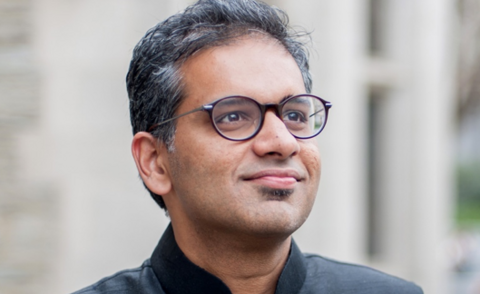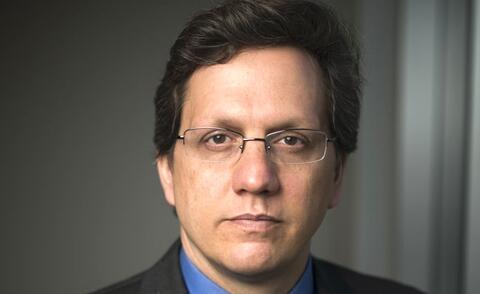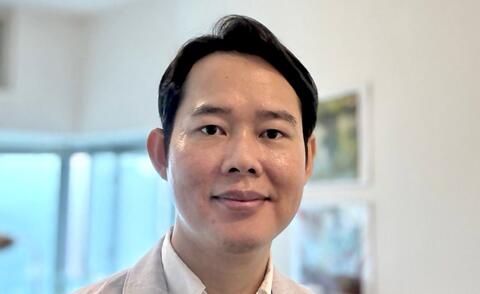Lee Kong Chian NUS-Stanford Fellowship in Contemporary Southeast Asia

Lee Kong Chian NUS-Stanford Fellowship on Southeast Asia
About the Lee Kong Chian NUS-Stanford Fellowship on Southeast Asia
The Lee Kong Chian Fellowship is the core of the Lee Kong Chian NUS-Stanford Initiative on Southeast Asia, a joint effort established in 2007 by the National University of Singapore and Stanford University to raise the visibility, extent, and quality of scholarship on contemporary Southeast Asia. The infrastructure for research pursued through the fellowship is provided by the Faculty of Arts and Social Sciences at NUS and the Southeast Asia Program in the Walter H. Shorenstein Asia-Pacific Research Center (Shorenstein APARC) at Stanford.
Lee Kong Chian NUS-Stanford fellows spend three to four months at Stanford and three to four months at NUS writing and conducting research on, or related to, contemporary Southeast Asia. One or two candidates may be awarded fellowships each year. Fellows have opportunities to present their research and participate in seminars and workshops organized by relevant campus units. Exposure to the two universities and their scholars and resources enriches and diversifies collegial feedback on the fellows’ research projects and facilitates intellectual exchange and networking on both sides of the Pacific.
Interested individuals with professional backgrounds and current, ongoing professional positions related to the social sciences or humanities are encouraged to apply. Candidates may be of any nationality or seniority.
Appointments will begin and end within the period from September 1, 2025 to May 31, 2026. In determining the overall length of the fellowship and the sequencing of residence at each campus, fellows’ preferences are taken into account.
Fellows will be based at NUS and Stanford consecutively in either order. Each fellowship covers two separate roundtrip economy-class airfares: one from the fellow’s country of residence to NUS (or to Stanford) and back to that country, the other from that country to Stanford (or to NUS) and back to that country. Exceptions to this rule are discouraged but may be considered depending on the circumstances. The fellowship also includes a stipend of US$ 8,000 per month during the fellowship period.
Application Process
- A project statement (not exceeding three pages) that addresses the candidate’s research project’s central analytic question(s) and argument(s), explains its intellectual contribution to scholarship on Southeast Asia, and describes the writing and research envisaged during the fellowship. The statement should also clearly state the specific outcomes that the project is expected to achieve.
- A detailed schedule of the proposed fellowship period including dates of anticipated residence at NUS and at Stanford.
- A sample of published, English-language work by the candidate that is directly or indirectly related to the research project.
- The candidate’s full curriculum vitae including a list of publications.
- Full contact information, including email addresses, for three (3) academic referees who should be able, if asked, to evaluate the proposal and the candidate.
- Full contact information for the applicant including an email address.
Application must be received via email by January 24, 2025.
Results will be announced by the middle of March 2025.
Stanford University is an equal opportunity employer and is committed to increasing the diversity of its scholarly community. We welcome applications from women and members of minority groups, as well as others who would bring additional dimensions to the university's research and teaching missions.
Contacts
See also the fellowship website at NUS: Applications – NUS Faculty of Arts & Social Sciences.
Meet Our LKC Fellows
Teren Sevea
Gavin Shatkin
Theara Thun
Meet Our Alumni
2024-25
Meredith Weiss
Current institution: University at Albany, SUNY
Watch: Weiss' research presentation, Patronage and Political Machines in Southeast Asia
2023-24
Gerhard Hoffstaedter
Current institution: University of Queensland, Australia
Read: Fellow Spotlight article
Soksamphoas Im
Current Institution: Michigan State University | Personal website
Read: Fellow Spotlight article
2022-23
Jacques Bertrand
Current institution: University of Toronto
Read: Fellow Spotlight article
Reza Idria
Current Institution: Universitas Islam Negeri Ar-Raniry, Banda Aceh, Indonesia
Read: Fellow Spotlight article
2021-22
Enze Han
Current institution: University of Hong Kong
Read: Fellow Spotlight article
Kate Imy
Current Institution: University of North Texas
Read: Fellow Spotlight article
2019-20
Rosalind Galt
Current Institution: King’s College London
2018-19
Paul Schuler
Current Institution: University of Arizona
Sophie Lemière
Current Institution: Center for Strategic and International Studies | Personal website
Watch: Fellow Spotlight video interview



